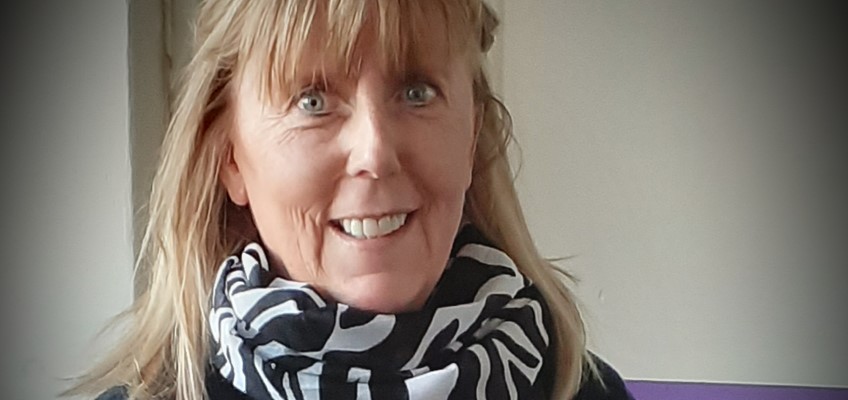Guest blog: Deborah Lippiatt, GDAS Criminal Justice Service Manager
The Gwent Drug and Alcohol Service is a consortium of Kaleidoscope, Barod and G4S that provides a range of support services to drug and alcohol users, their friends and families, and professionals.
The consortium approach was the first of its kind in Gwent and is now seen as best practice. Bringing a range of service providers together means that service users experience low to no waiting times, and a seamless transition between services.
G4S is responsible for managing the criminal justice element and I have been Criminal Justice Service Manager since 2009.
I manage a team of 24 staff and we are responsible for delivering support to offenders where drug and alcohol misuse play a direct part in their offending. If we can address the drug and alcohol problems and provide support to help service users address other issues they may be having in their lives, we hope to stop them from reoffending in the future.
Our staff are based within the custody suites at Newport and Ystrad Mynach, and work closely with the police to try and ensure that we visit every person entering custody to see if they require support. We also have a support officer based within Newport Magistrates Court.
Once a person has agreed to support there are a range of services we can provide depending on their need. They may need some simple signposting or short-term support, or, if their situation is more severe, access to a treatment programme. We aim to get those who need it into treatment and on to medication quickly and that is when the real work can begin. Crucially, we can only help those who are ready for change and want our support.
When Covid-19 hit, and the country was put into lockdown, we were very concerned for our service users and staff. Our work is reliant on seeing people face to face to build relationships and the team were naturally concerned about being in such close proximity to others at a time we were being told to keep our distance. However, we agreed that we had to remain as operational as we could given the circumstances.
Face to face engagement reduced but we were able to remain in police custody units by ringing into the cells to speak with people. We maintained telephone contact with all of our existing users and delivered medication to service users to avoid them having to travel to us.
Interestingly we found that service users who were not engaging with us prior to Covid began engaging regularly because they didn’t have to travel. It also provided a lifeline to many of our clients who are isolated and alone.
The service is now operating with increased face to face and direct contact with service users, and we will continue to ensure we remain focussed and available to our clients and partner agencies.
This has not been an easy time for any organisation but when you pull together it is amazing how you change and adapt.

